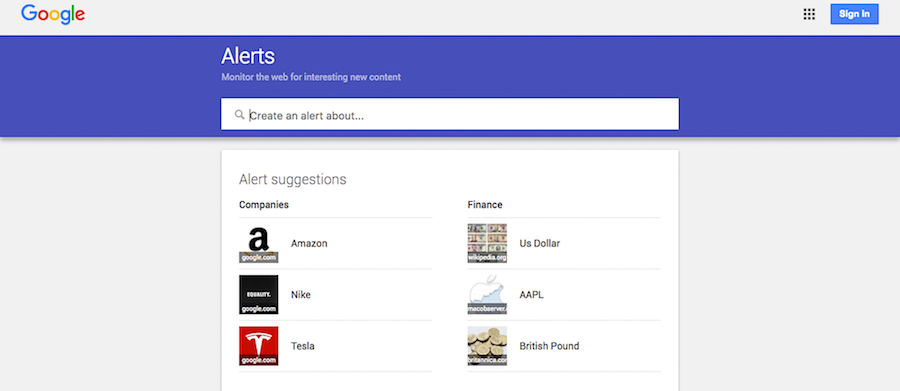There are many professionals who enjoy connecting with their audiences via blogging, social media updates, and even through sharing pieces and pieces of their personal lives. In fact, there are quite a few industries that all but demand a near intrusive level of social network sharing for professionals to stay in high demand. Then there are those lucky few who don’t really get the fuss behind social networks and have never had a need to author a professional website. These professionals may have been able to skate through without needing to make themselves well known throughout the web but that can create serious reputation management issues. You could potentially be confused for someone who shares the same name as you, or an unknown party could set up a website in your name and impersonate you to your customers. You can maintain your privacy, have a great career and control your public identity with some easy to follow strategies.
Register All Pertinent Domains

If you don’t want an imposter pretending to be you and ruining all of the hard work that you have put into your career, then you have got to go on the defensive. It is very inexpensive to register domains that contain your name or the name of your business entity. From there, you can put up a landing page that redirects to your website. You may need to go the extra mile by purchasing all domain name extensions that are associated with your identity, but this is actually a pretty good way to stay in control of your reputation management efforts.
Create Social Network Profiles Even If You Aren’t Active
Some people have links to Facebook and Twitter all over their websites, enabling followers and visitors to keep track of any new additions. If you are the sort of professional who makes minimal use of your website, you probably feel that you have no practical use for social networks. On the contrary, registering and even posting to a social network profile can be less about networking and more about utility and social perception. A single post placed on a social networking website can help to identify you authentically, so if somewhere were to create a new profile under a new name it would be obvious which one was yours. Additionally, you can’t claim a social network profile if it is already in use. Your damage control efforts will be minimal if you don’t have to go back and try to clean up the mess that an imposter makes in your name when you have social network profiles registered under your name.
Set Up Google Alerts to Keep You Informed

One of the best ways to keep your reputation on the web clean is to act as soon as you know that there is a problem. Whether that means countering a smear campaign or working to get false information taken down, you should be taking definitive action before the situation grows. This is where setting up the right kind of Google Alerts and regularly reviewing them can be quite an important tool for reputation management. Using Google Alerts, you can find out about any website mentioning you by name before the link goes viral. Since Google Alerts can be set up to go straight to your inbox, you won’t need to search the web manually or have to sift through duplicate information. Additionally, Google will help you to identify the original source of any material that you get an alert for.
Share Details About Yourself On Occasion
Although you may not be comfortable sharing pictures of your newborn child in an open online setting, there’s no reason that a few things can’t be put out there to help develop who you are public. Perhaps sharing where you went to college or even the fact that you’re partial to Pink Floyd won’t make you feel uneasy. Putting just enough identifying information about yourself on the web will not only help you to safeguard your reputation, it will help to verify that you are indeed who you say you are. There’s nothing wrong with being mysterious, but web users and clients alike enjoy reading about professionals who appear to be well rounded and personable. Sharing a picture that you have taken of a delicious plate of food while out to dinner or posting a snap of a beautiful sunset every so often won’t expose any intimate details of your life, but it will let others know that you are alive and well.
Develop a Positive Online Reputation
While bad press can often be difficult to avoid, you can make an effort to increase the level of positivity that regularly occurs in your life. Anything from volunteer work to charitable contributions is press release worthy if your efforts are coming from the heart. When someone else tries to paint a portrait of you that is false or runs counter to who you are as a person, just get back to doing whatever it is that you normally participate in and watch the negativity melt away. If you want to maintain a positive public image online, then you have to know when to respond to negative reports and when to let all of your past and present positive work speak for itself.
When you don’t have a widely known image online it can be easy for others to imagine who it is that you are. Making a couple of changes to how you allow yourself to be perceived on the web will enable you to keep your reputation in check. There is a lot of power in reputation management and you don’t have to alter the amount of information that you share about your life publicly in order to harness it. Just maintain social network accounts that are in your name, respond to any false information that has been spread and maintain your own professional website. Your longstanding clients will appreciate your consistency and new connections will be made in the interim when you use your voice and state publicly who you are online.
